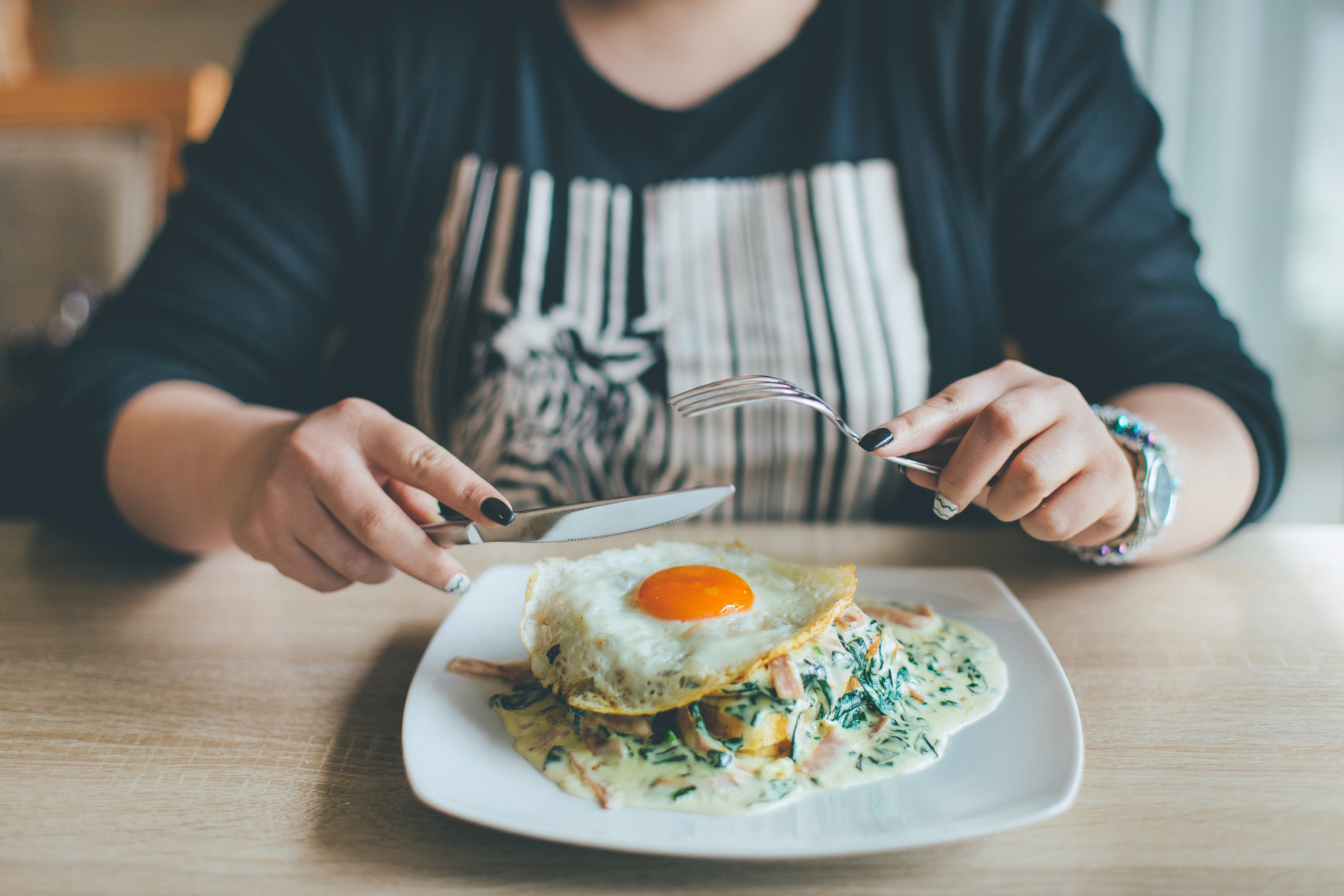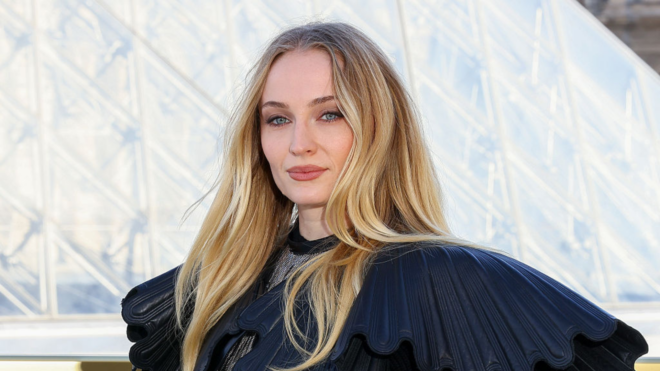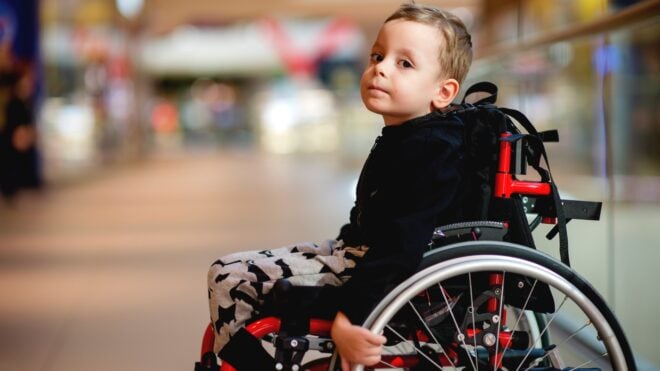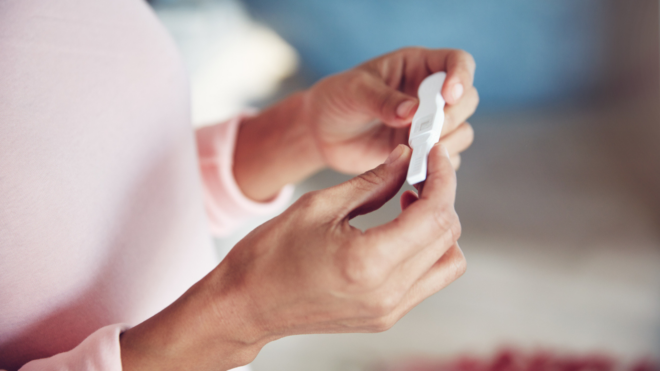
I’ve always been an emotional eater. Stressed? A snack will help! Sad? Have some dessert. Happy? Excited? Celebrate with a treat! So, obviously, for the first weeks (ahem, months) of quarantine, I ate my feelings. ALL the feelings.
I told myself these were unprecedented times. I told myself that we were all in survival mode. So I ate. ALL. DAY. LONG.
Then one day I had to go to the dentist and decided to forego my usual leggings and sweatshirt for some real jeans and a blouse only to realize that those real jeans really didn’t zip up anymore.
Shocked, I stepped on the scale and was faced with the unpleasant reality that, while I had not contracted the coronavirus, I was definitely suffering one of the side effects of COVID-19 — my scale had jumped nearly 20 pounds during the lockdown.
At first I decided I didn’t care, since I wasn’t working in person or seeing other people and Zoom has a pretty filter and only shows you from the shoulders up. But then I realized that this type of “on-demand” eating was greatly affecting my mental state. Eating so much was making me feel out of control. In a time when so many other things are actually out of control, my eating didn’t need to be one of them.
Being a person who struggles with moderation, simply trying to restrict my calories or cut out foods wasn’t enough or a realistic option for me. I’d heard so much about intermittent fasting on social media and doubted I could handle not eating for two thirds of my day, but I decided to give it a try.
For those who don’t know, intermittent fasting is basically having long periods of fasting during the day combined with a shortened eating window. A common ratio to begin intermittent fasting is practicing the 16/8 rule: fast for 16 hours and only eat between a set 8 hours during the day.
Intermittent fasting is proven to have many health benefits including mental clarity, added energy as well as managing weight and blood sugar, just to name a few. There are many different thoughts and opinions regarding specifics like what constitutes fasting (i.e., can you have drinks, etc.) that vary and should be researched based on what your goals are. Since my goals were mostly weight loss and a cup of coffee in the morning didn’t seem to affect the scale while also making me a much nicer person to those around me, I made the decision to indulge in that caffeinated goodness each morning during my fasting window.
I combined intermittent fasting with my go-to weight loss tool: Keto (aka low carb and high fat), which turns out made all the difference. Choosing to have the foods that I ate during my eating window be high in fat kept me full during my fasting hours.
A typical day for me looks like this:
- Begin my fast after dinner (usually between 6 p.m. and 7 p.m.)
- Wake up at my usual time and have only coffee and water until about noon
- Noon: Break my fast with a nice meal (brunch-style eggs and bacon with avocado)
- Mid-afternoon: Have a low-carb snack or keto bar or shake
- Dinner: Burger with no bun and salad or veggies and a keto sweet treat or fat bomb
- Repeat
Surprisingly, I seldom found myself hungry, and because I only ate during a short window of time during the day, I was able to eat delicious food and feel full. Calories still count when doing intermittent fasting, yet because my eating window was short, it was much easier to restrict calories without feeling deprived. I mean, let’s face it, less time to eat logically results in less food eaten.
I’m happy to say that I’ve lost my COVID-19 (plus a bit more) and am feeling physically better than I have in ages. Plus, taking some control over my eating habits in a time when so much is out of my control helped improve my mental state dramatically.
I'm not a doctor, so I can't say if it'll work for everyone, but all I know is I've finally broken my new snack-all-the-time schedule and feel so much better. And anything that helps us feel better in these crazy times is a win in my book.



